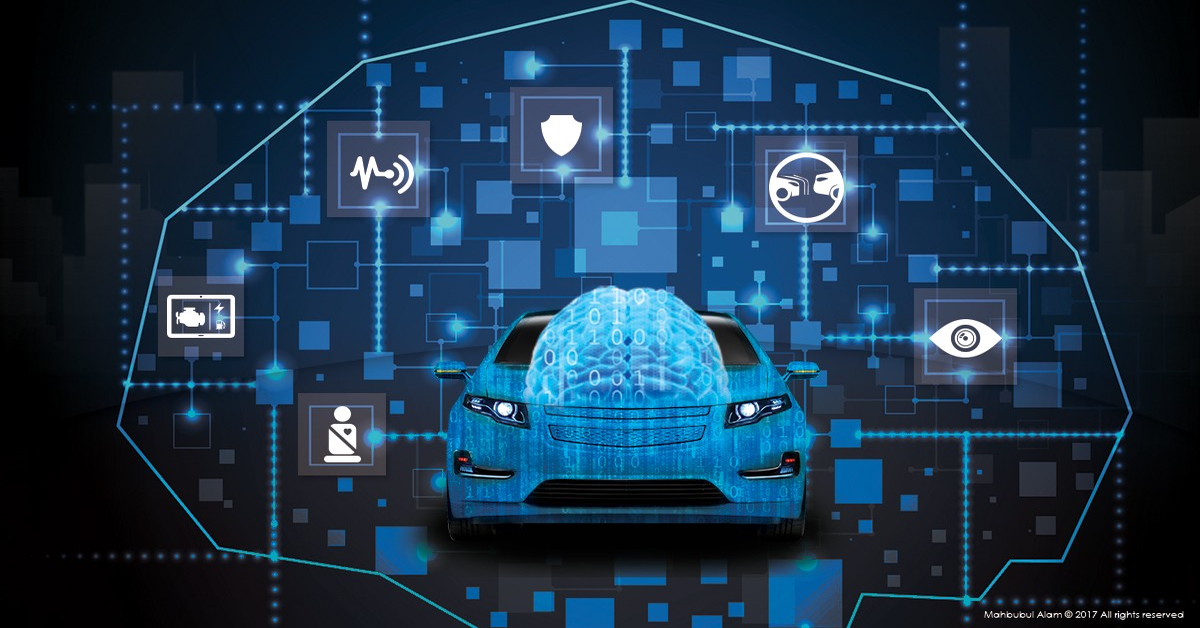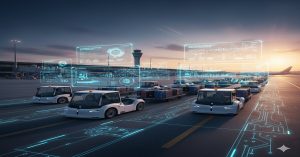Appen, an AI company, has released its State of AI Automotive report that highlights the impact of artificial intelligence on the transportation and automotive industries. The report provides insights into how AI can enhance drivers’ and passengers’ safety, comfort, and experience.
Benefits of AI in the Automotive Industry
According to the survey, AI has the potential to revolutionize the automotive industry, making it safer, more innovative, and enjoyable. The benefits include crash prevention, reduced emissions, decreased impaired driving accidents, improved traffic conditions, and customizable comfort.
Optimism for Autonomous Vehicles (AVs)
The report also shows that respondents were optimistic about the future of AVs. About 80% of respondents felt safe with current AVs on the road, and 89% of AI practitioners agreed that AVs are the future of the industry. Additionally, 87% of AI practitioners believed that AVs would reduce impaired driving incidents, and 82% thought that autonomous driving would relieve traffic congestion in the future.
The Importance of Human Oversight
The report emphasizes the importance of human oversight in ensuring the accurate and safe deployment of AI within the transportation industry. The survey found that 97% of respondents believed that human-in-the-loop evaluation is crucial for accurate model performance. This allows for more collaboration and oversight to improve the effectiveness of AI and machine learning models.
The Future of Transportation and AI
Sujatha Sagiraju, the Chief Product Officer at Appen, states that safety and experience for drivers, passengers, and other road users will be the primary focus of the future of the automotive industry. With high-quality and inclusive data, futuristic concepts are right around the corner, she adds. Appen’s report suggests that AI will play a significant role in shaping the future of the automotive industry, and human oversight will remain a crucial component in deploying AI models.
AI and Safety in the Automotive Industry
The report highlights the role that AI can play in enhancing safety in the automotive industry. By using machine learning algorithms to process vast amounts of data, AI systems can detect and respond to potential safety hazards in real time. For example, AI-enabled collision avoidance systems can detect and prevent accidents by identifying and reacting to obstacles or other vehicles on the road.
AI and the Future of Autonomous Driving
The report also suggests that autonomous driving is a key area where AI will continue to make significant strides in the coming years. Autonomous vehicles have the potential to reduce traffic congestion, improve road safety, and increase mobility for people who may not be able to drive, such as the elderly or disabled. AI-enabled autonomous vehicles can also reduce the need for human intervention, allowing drivers to relax and focus on other tasks while in transit.
The Importance of High-Quality Data
The report emphasizes the importance of high-quality data in developing accurate and effective AI models. Without reliable and comprehensive data, AI systems can be prone to errors and inaccuracies. Appen’s expertise in data annotation and collection allows for high-quality and inclusive data sets that power the deployment of safe, accurate, and comprehensive AI models worldwide.
The State of AI Automotive report by Appen underscores the critical role that AI will play in shaping the future of the automotive industry. With its potential to enhance safety, comfort, and experience for drivers and passengers, AI is set to revolutionize the way we travel on the road. However, the report also highlights the need for human oversight and high-quality data to ensure the accurate and safe deployment of AI in the transportation industry.







